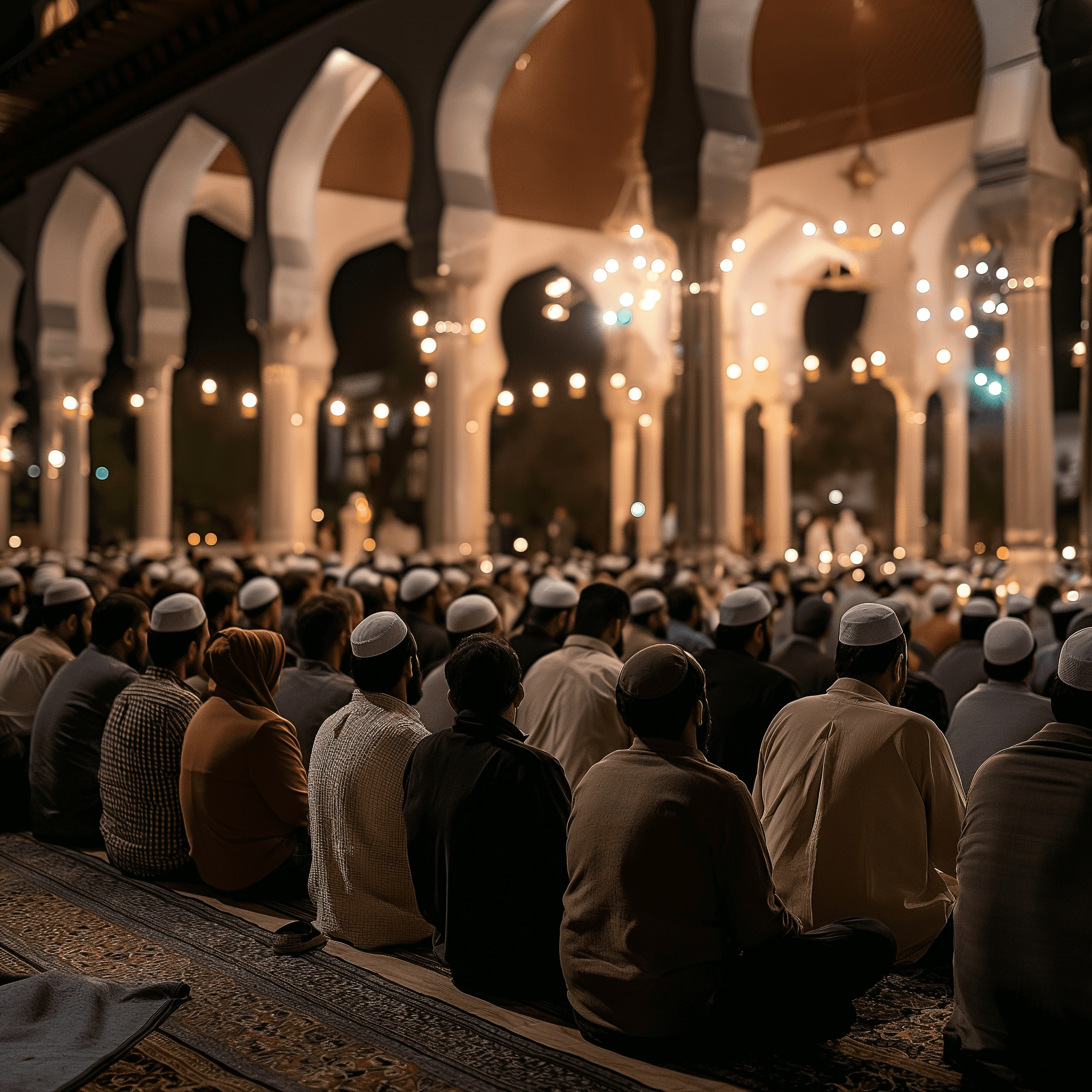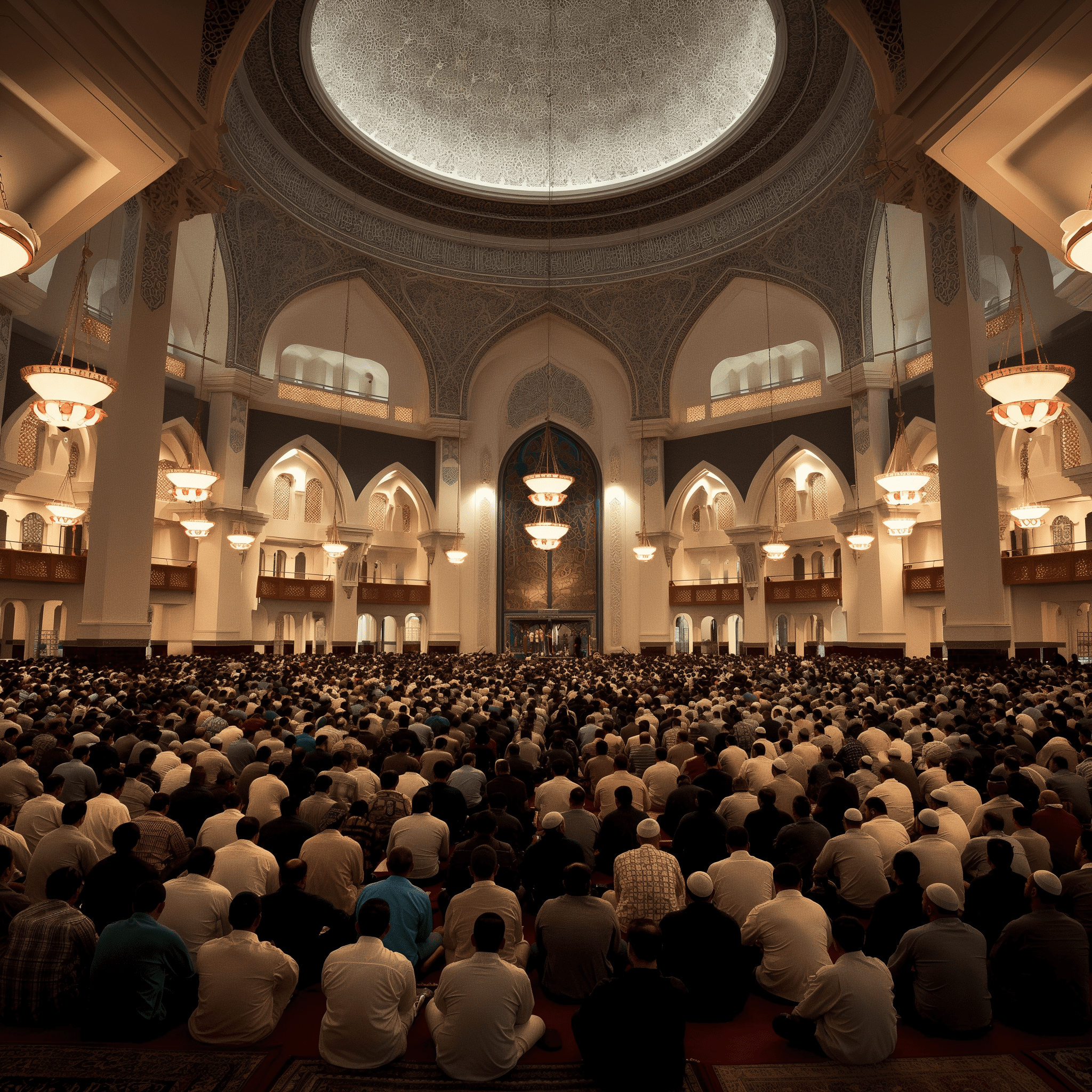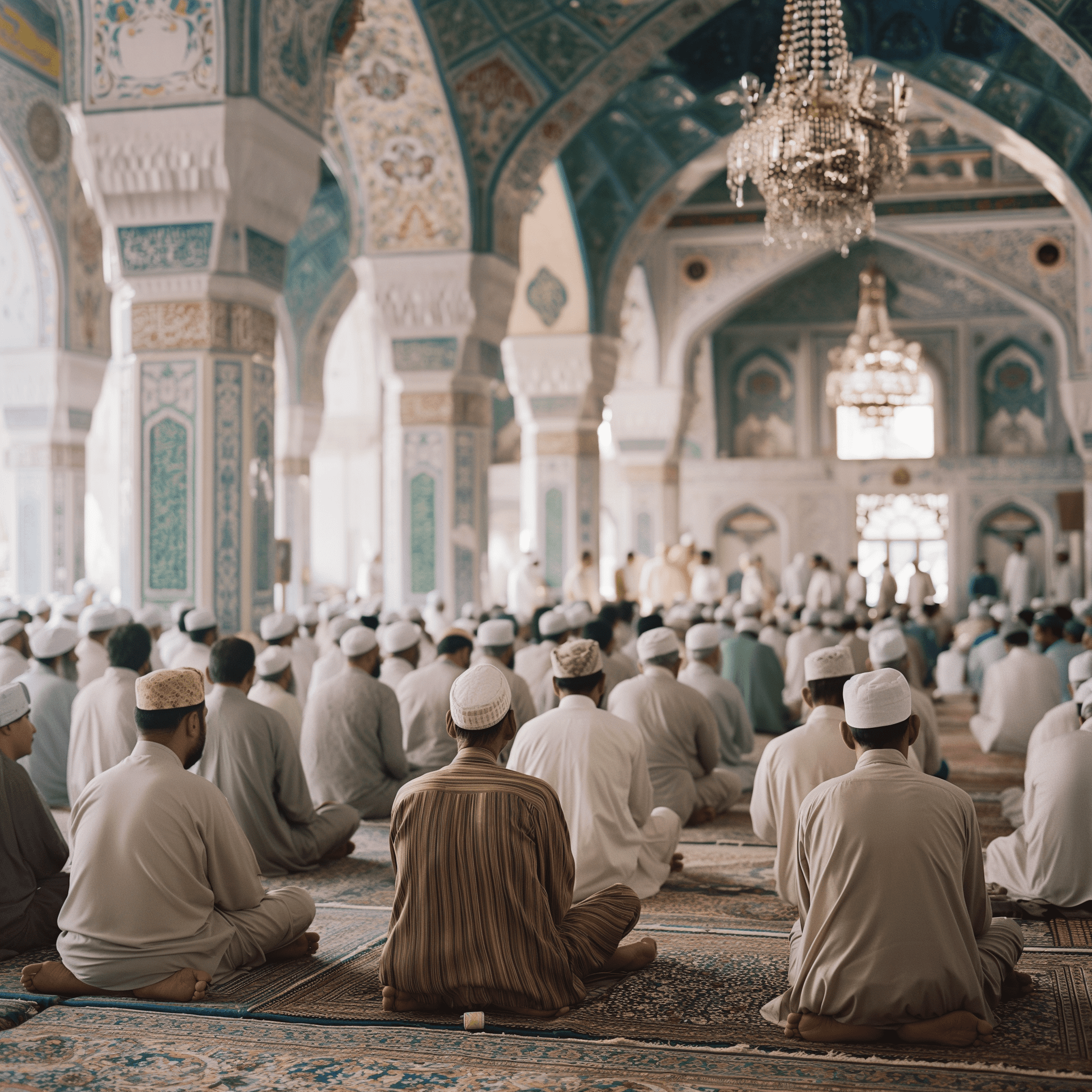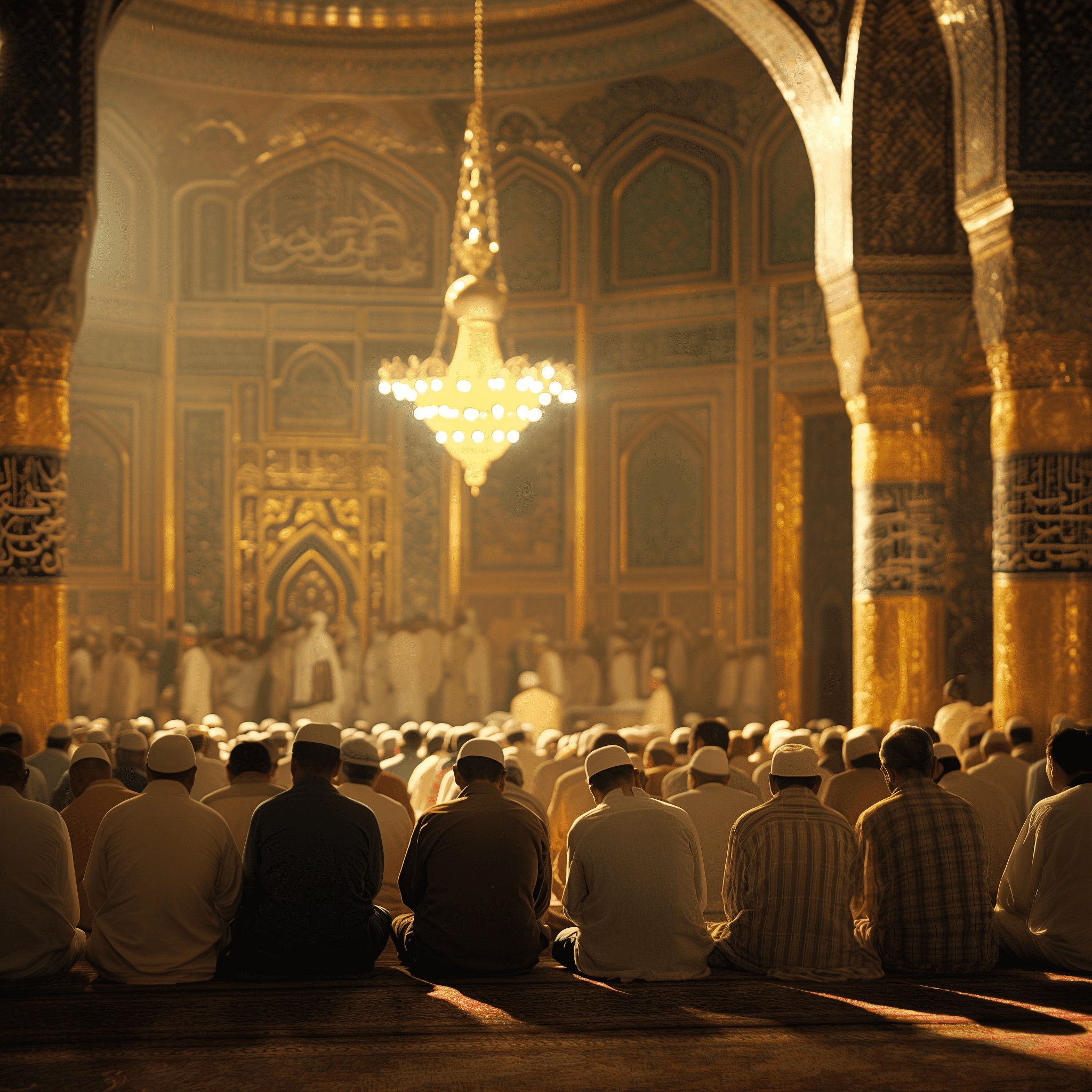
Iftar and Tarawih (during Ramadan)
Iftar and Tarawih are two significant practices observed by Muslims during the holy month of Ramadan, a time dedicated to fasting, prayer, reflection, and community. Iftar, the breaking of the fast at sunset, is not just a meal; it is a moment filled with spiritual significance and gratitude. After a day of abstaining from food and drink, Muslims gather with family, friends, or within their community to break their fast, typically starting with the eating of dates and drinking water, following the tradition of the Prophet Muhammad (Peace Be Upon Him).
The meal of iftar is often shared as a communal gathering, fostering a sense of unity and fellowship among participants. It is a time for nourishment, reflection, and joy, as well as an opportunity to express gratitude for the strength to have observed the fast. Beyond its physical sustenance, iftar embodies the values of generosity and hospitality, with many mosques and communities hosting open meals for all, especially the needy.
Following iftar, Muslims perform the Tarawih prayers, special nightly prayers that are unique to Ramadan. Tarawih involves the recitation of the Quran over the course of the month, allowing worshippers to listen to the entire scripture by its conclusion. These prayers are performed in congregation, led by an imam who recites the Quranic verses while the community follows in rapt attention and reflection.
The practice of Tarawih enhances the spiritual experience of Ramadan, offering a time for deeper contemplation and worship. It serves as a nightly spiritual rejuvenation, complementing the day's fast and enriching the overall observance of Ramadan. Together, iftar and Tarawih encapsulate the essence of the month—discipline, devotion, community, and spirituality—drawing participants closer to their faith and to each other in shared observance and celebration.







